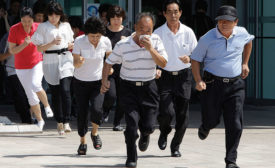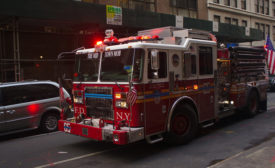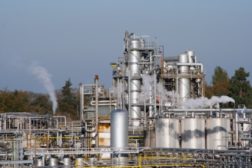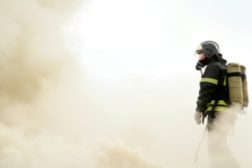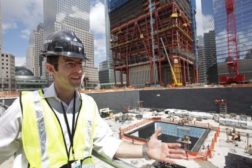Home » Keywords: » terrorist attacks
Items Tagged with 'terrorist attacks'
ARTICLES
Will terror strike your workplace?
Fear of terrorism far exceeds the actual risk – but if you see something, say something
June 1, 2016
Improving public alerts in emergency situations
New standards offer guidelines for emergency response
November 16, 2015
WTC first responders have more health problems than general population
Study finds asthma, PTSD, depression common
April 25, 2013
Become a Leader in Safety Culture
Build your knowledge with ISHN, covering key safety, health and industrial hygiene news, products, and trends.
JOIN TODAYCopyright ©2025. All Rights Reserved BNP Media.
Design, CMS, Hosting & Web Development :: ePublishing

